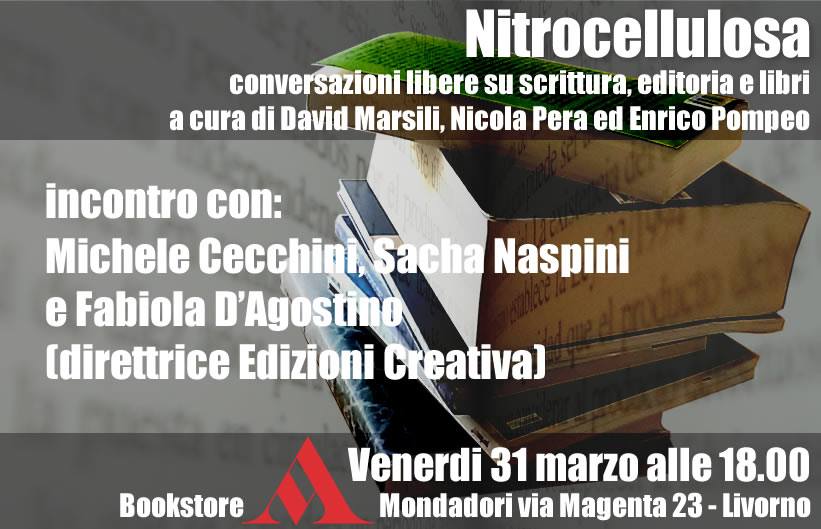 Le parole sono un prodigio. Ogni parola, nessuna esclusa. Anche quelle apparentemente sgangherate e goffe.E sono più quelle da ascoltare che quelle da dire. La parola nomina le cose e così facendo le crea.
Le parole sono un prodigio. Ogni parola, nessuna esclusa. Anche quelle apparentemente sgangherate e goffe.E sono più quelle da ascoltare che quelle da dire. La parola nomina le cose e così facendo le crea.
Nuvoloni. Così venivano chiamati i francesi nel corso delle prime occupazioni napoleoniche a Livorno. Il termine deriva dalla storpiatura di Nous voulons… Nous voulons… che scandiva la lettura in piazza degli editti con cui i francesi stabilivano le regole esigendone il rispetto. Ovviamente i livornesi non potevano che manifestare insofferenza verso le imposizioni. A partire proprio da quel Nuvoloni, espressione che racchiude in sé tutta l’irrisione nei confronti dell’autorità.
Sciabigotto. Termine popolare lucchese, tuttora in uso. Sinonimo di ‘buono a nulla’, ‘incapace’, potrebbe essere di matrice versiliese, poi importato. In questo caso, farebbe riferimento alla rete sciabica utilizzata dal pescatore che, ormai non più in grado di andare per mare aperto, è costretto a rimanere nelel acque basse. Oppure il termine potrebbe derivare dalla commistione di ‘sciapito’ e ‘bigotto’. Un’altra ipotesi ancora chiama in causa gli ufficiali dell’esercito napoleonico, che avrebbero apostrofato i cittadini lucchesi come chiens bigots (ovvero: ‘cani bigotti’), poiché restii ad applicare le norme dell’Editto di Saint Cloud.
Nuvoloni e sciabigotti. Dominatori e dominati. Oltraggiosi e vilipesi. Comunque sia, c’è un luogo ribelle e allergico alle regole che contesta l’autorità. È la funzione creatrice della parola.
Dago. Cambia il contesto, fondamentale per le parole. Non è più quello italiano ma americano. Eppure Dagos fa riferimento agli italiani o, meglio, è uno dei tanti epiteti insultanti cui gli americani ricorrevano per indicare gli italiani.
Di ‘Dago’ si registrano diverse varianti: Black Dago, Dago Red, Chianti Dago e così via. Chi ha letto i romanzi di John Fante, si è imbattutoin questo termine. L’etimologia anche per ‘Dago’ è incerta ma qualsiasi ipotesi è illuminante circa il ruolo degli italiani oltreoceano e la loro condizione. Il termine potrebbe derivare da They go, ad indicare gente che va e viene, che si sposta di continuo. Oppure da Dingo, il cane selvatico australiano.Altra ipotesi: dall’espressione Until the DAY GOES, cioé: finché dura il giorno. Un datore di lavoro non se la sentiva di assumere un italiano in pianta stabile. Meglio prenderlo con un contratto a brevissimo termine: a giornata – ‘finché dura il giorno’, appunto.
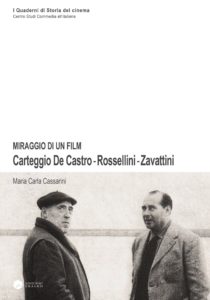 questo interpellò Cesare Zavattini. A un certo punto, mentre si va impostando il lavoro, si fa vivo Roberto Rossellini: anche lui vorrebbe girare una pellicola traendo spunto da quel libro.
questo interpellò Cesare Zavattini. A un certo punto, mentre si va impostando il lavoro, si fa vivo Roberto Rossellini: anche lui vorrebbe girare una pellicola traendo spunto da quel libro.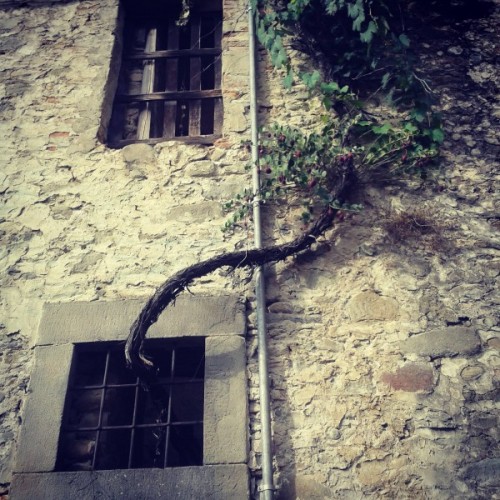
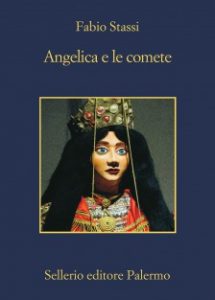 Mercoledì 28 giugno 2017, ore 19,00
Mercoledì 28 giugno 2017, ore 19,00 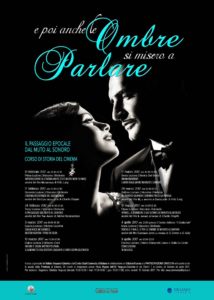 “Mi è stato chiesto perché mantengo nei miei film un’espressione particolarmente seria. La spiegazione è molto semplice. Fin dal mio esordio nel varietà ho potuto sperimentare che in un numero comico si riesce a far ridere il pubblico tanto più quanto si resta indifferenti e poi quasi stupiti dall’ilarità del pubblico. In ultima analisi il film, per l’attore, è un’occasione per ‘fare l’idiota’: più sarà serio in questo e più risulterà divertente”.
“Mi è stato chiesto perché mantengo nei miei film un’espressione particolarmente seria. La spiegazione è molto semplice. Fin dal mio esordio nel varietà ho potuto sperimentare che in un numero comico si riesce a far ridere il pubblico tanto più quanto si resta indifferenti e poi quasi stupiti dall’ilarità del pubblico. In ultima analisi il film, per l’attore, è un’occasione per ‘fare l’idiota’: più sarà serio in questo e più risulterà divertente”.